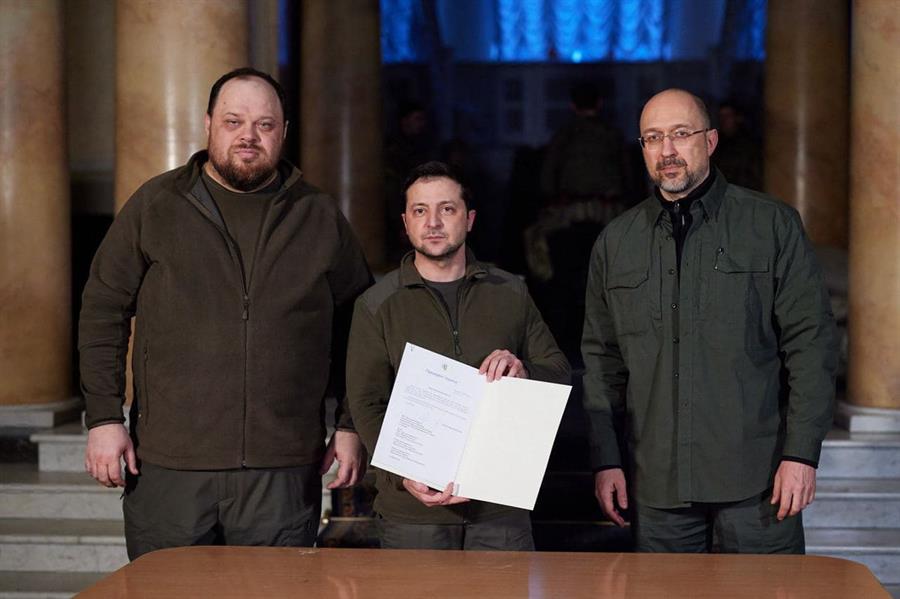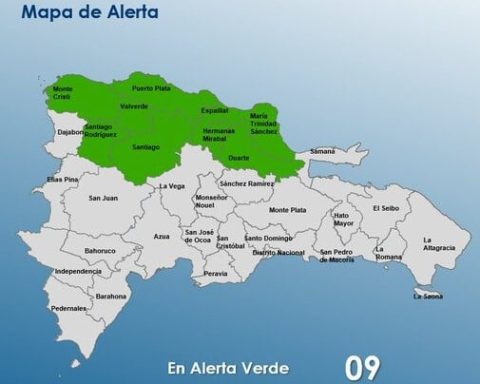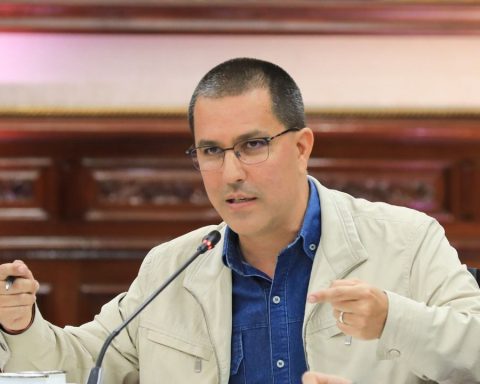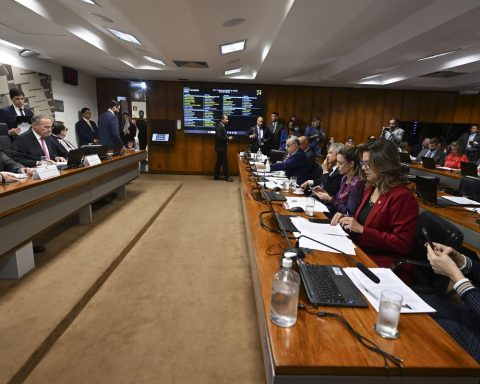L
to idea-force of Andrés Manuel López Obrador in the sense of initiating a fourth transformation of the country, was a fortunate expression that concentrated the most felt need of the population. He indicated to us that we would begin a new stage where, at last, social justice would prevail. It was obvious that this goal could not be immediate, since we dragged along 36 years of a pertinacious neoliberal policy and as many others of anti-democratic governments, to say the least, but we also knew that enormous difficulties would be faced by the vested interests; however, the people were in dire need of change and therefore voted overwhelmingly for the option presented. But, in addition, one of the first steps taken by the new government was the reform of the third article of the Constitution, which, among other issues, included philosophy and the humanities as rights of Mexicans. These latest demands had constituted one of the strongest struggles that the philosophical community had waged through the Mexican Philosophical Observatory (OFM) against a technocratic and mercantilist trend that had been imposing itself in many countries through the OECD, the IMF and the WB, but that in Mexico more papist than the pope
, Felipe Calderón, had decided to eliminate the philosophical subjects from upper secondary education with no other argument than a promised transversality clearly rejected by UNESCO. The story of everything that happened in the face of this barbaric act can be found in my recent book, In defense of philosophywhich can be consulted for free at www.cefilibe.com. Now, encouraged by the constitutional reform, the Mexican Philosophical Association (AFM), the Observatory and the Education Commission of the LXIV Legislature chaired by teacher Adela Piña Bernal, we sent a letter to the Secretary of Education, Esteban Moctezuma Barragán, where We expressed that, as a result of what was defined in the law, we suggested that it was important to strengthen the importance of philosophy throughout the educational system, as well as in those related to cultural diffusion. Months later, on March 30, 2020, we sent him another letter informing him of the extraordinary success of a colloquium held in the Chamber of Deputies entitled The New Mexican School and the philosophy for girls and boys, which gave rise to another book that can be consulted at the same address above. What was the secretary’s response? None. Oh sorry! Yes, there were two responses: the first was to invite us to the report of the Undersecretary of Basic Education and the second, to request, from a specialized work group that had been formed in the OFM, their opinion on a series of books that they sent us in digital form. on civics and ethics and that they intended to incorporate into each and every one of the levels of basic education. After hard work (for free, of course) and several meetings, the directors of the SEP informed us that they could no longer make any changes to the books like the ones we requested because they were already finished. The conclusion we reached was that the SEP only wanted to deceive us as happens in bullfights. After that disappointing attitude, we sent the same letter to the new secretary, teacher Delfina Gómez Álvarez, on May 28, 2021, without until now having received a response to our request for a hearing to expose the importance of philosophy in education. .
In recent days, the undersecretary of Higher Secondary Education, Dr. Juan Pablo Arroyo, who is holding a series of meetings to define, among others, the common framework for the humanities, invited us to participate in a massive meeting held on Tuesday, March 15, February and on this occasion, the AFM, the OFM and the FISP Commission for the Teaching of Philosophy send you an important document that highlights the need to precisely define the meaning and importance of the humanities, as well as the need to preserve the philosophical disciplines in the sense established by the Constitution as well as the General Law of Education. We also state that we find ourselves in a situation marked by inequality, alienation, violence, dependency and class, gender and ethnic discrimination. Finally, we indicated that an education that seeks to contribute to the transformation of the country has to address the question of which country we want: a maquiladora and dependent country or a country with certain quotas of autonomy and that educates a critical and innovative youth? We hope that the SEP does not ignore the demands that we have made. If the humanities and philosophy are not given their rightful place in education, a fourth transformation will not succeed.
*Research professor of the Philosophy Department of the UAM-I and co-founder of the Philosophical Observatory of Mexico















